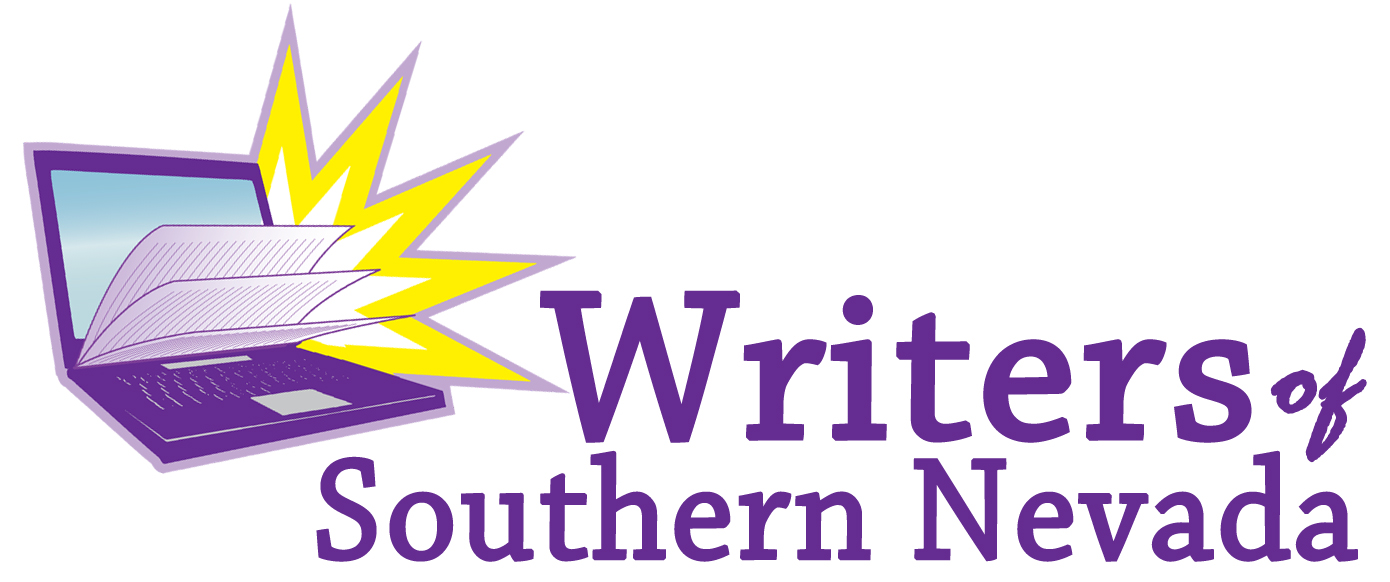Category Archives: Writing
Decisions, Decisions
I have a confession to make. I don’t like making decisions. In fact, it’s akin to sticking pins in my eyes. I’ve always been like this. It started with shopping. I search and search and then tired and disgusted from the journey, I buy something. I have to shop in stores that allow refunds because I will inevitably be struck with a roaring case of buyer’s remorse and have to go back to the store, tail between my legs, to return my purchase.
The reason I’m outing my skeleton for fellow writers is to explain a recent situation of mine, one which we all hope to be in at some point: I received an offer to publish my first novel. Now, before you jump up and down like a twelve year old girl at a Justin Beiber concert, let me tell you a bit about the specifics. As all writers should, I poured my heart, my soul, and six months of my life into writing this novel. Making light of a serious situation with my signature morbid humor, I felt (and feel) that it is a topic which deserves to be discussed.
After just a few weeks of submitting my manuscript to agents, my inbox was filling up with overly polite form rejection letters. And then came the one email I’ve been waiting my whole life to read: “We love your manuscript and would like to publish it.” I was filled with warm fuzzies. My hard work, my blood, sweat and tears were finally paying off. I lept around the house like a gazelle on Ecstasy and phoned my nearest and dearest.
The high lasted about 48 hours before the reality of the situation struck me. The publishing company was brand new, there would be no advance, and for these reasons, I would not be eligible to join the Writer’s Guild. It’s not that I was expecting a check for three million dollars, or that I was waiting for the president of Penguin to phone me personally to extend his congratulations. It’s just that I really had my heart set on joining the Writer’s Guild. It may sound silly, but I hope to have a long writing career and that will be my signal that it’s begun. I will finally be A Writer.
You might be asking yourself right now, “Is she crazy? She got a publishing offer.” And I might be. I mulled over the decision for months, consulting every writer, life coach, friend, and dog that would listen before, in a moment of false bravado, I turned down the deal.
I still don’t know if I made the right choice, and I’m not sure I ever will. As writer’s we struggle with the decision to take the first offer that comes our way, it’s an offer after all, and may be the only one we get, or to hold out for that amazing deal which will catapult us into fame and fortune (sort of). No one can make that choice for us.
The offer is still on the table and fingers crossed, there’s another one out there with my name on it.
Four pitfalls authors must watch out for
Morgan St. James www.morganstjames-author.com
Pitfalls can easily trip you up, but you need to recognize them to avoid them. After all, you can’t hit a target you can’t see. If you want to be farther off base than a foul ball, just keep thinking that your book will be so irresistible to an editor, publisher, agent or reviewer although there may be a few flaws they will snap it up anyway and assign their best editor. Some aspiring authors even daydream of the possibility of a bidding war because it’s theirs will be such a hot manuscript. Whoa! Time for a reality check. You may be approaching a pitfall.
As unfair as it might seem, even a tiny number of grammar, punctuation or usage mistakes often raise a brilliant red flag faster than you can say “But…but…but…” Here are four typical pitfalls along with some easy techniques for sidestepping them. There are certainly many more, but let’s start with these.
Semicolon or comma? For a very easy test, ask yourself if the part of the sentence set off by the comma can stand on its own. Does it have its own subject and verb? If so, use a semicolon or depending upon the pace of the scene, opt for two separate sentences. Short punchy sentences give the impression of fast-paced action. Some authors hate to use semicolons, and I’m one of them. I use semi-colons sparingly or not at all because they tend to stop the action. Although it seems like a small thing, knowing the difference results in a more polished piece.
Match subjects with verbs Matching plural verbs with plural subjects and singular verbs with singular subjects is often a real challenge. Look at some of your work through the eyes of a stranger. Are you guilty of being a “mixmaster?” Here is an easy test:
Is this right or wrong: Only one of the celebrities are accepting Carrie’s invitation to a hot party.
All you have to do is delete “of the celebrities” to see that “are” should have been “is”. Only one is accepting Carrie’s invitation to a hot party.
Wandering words The word “only” is a good word to use as an example. Some words just meander all over the place. They wander through the manuscript and pop up in places where they have no business being, when they should do sticking to the word or words they apply to like crazy glue.
Try this: I’ve only written two of the seven articles so far.
This mini faux pas shows up so often, editors are apt to skip right over it. However, just try moving the word “only” to see how it affects the meaning: I’ve written only two of the seven articles so far. Or, maybe better yet: So far I’ve written only two of the seven articles. As the word “only” moves around, the feeling of the sentence definitely changes.
“Unique” is a unique word. The way some people use this word sets my hair on fire! These days the word “unique” seems to pop up everywhere, and it is misused to the max.
The definition of unique is and always has been one of a kind. If there were a Unique Detection Squad, the UDS (for short) would make a fortune just by issuing misusage tickets. Books, newspapers, radio, TV—nothing is safe. Those extraneous modifiers lurk like burglars waiting to grab the loot.
How often do you see descriptions like this: most unique, completely unique, absolutely unique, highly unique and this word that should mean one and only augmented by so many other modifiers? Surely you get the picture. If there is only one of this unique object or attitude, how in the world can it be anything beyond unique? Don’t be responsible for making an editor grit their teeth. Just drop the inapplicable word. Unique is “unique” and needs no superlative.
For more tips & tricks visit Morgan’s blog
Why You Need a Critique Group
By Sheryl Greenblatt
Whether you are a seasoned writer or just dipping your toes into the craft, you are going to need a critique group. Even if you have a Greek Muse whispering creative brilliance into your ear as you write… they probably can’t spell either. Let’s take a look at seven reasons why everyone needs a critique group.
- Procrastination is an art form that many writers have perfected. Whether it be the dreaded writer’s block or just thinking that you’ll “start that novel next week”, some writers are really good at not getting their backsides in gear. A critique group creates an air of accountability. You will be responsible for a certain number of pages each week, and if you don’t come through, you will be drawn and quartered by your fellow critiquers.
- You cannot critique your own work. Let me repeat that in case you missed it. You cannot critique your own work. You are often too close to your story to notice whether the murder occurred on a Tuesday, the dragon had red scales or blue, or whether during a sex scene, your protagonist was wearing enough layers to be an Eskimo stuck in a strip poker game. Let someone else take a look, they will notice things that you could’ve missed.
- You cannot trust the opinion of anyone who relies on you for food, shelter or sex. The only question that a man likes to answer less than “Does this make me look fat?” is “Do you like my story?” You need a group of impartial writers who will tear you to shreds (in a nice way) and then build you back up.
- Critique groups prevent you from being a lonely hermit who only converses with cats… and inanimate objects. Writing is a lonely calling. Being part of a critique group will ensure that you shower and brush your teeth at least once a week.
- The habits that keep you from being invited to parties (correcting people’s grammar, pointing out spelling mistakes) will be respected and appreciated.
- When you are starting to doubt your skills as a writer, your critique group will prevent you from throwing your computer out a window and becoming a Walmart greeter… or they will get you an application. We all have moments where we feel like the only thing we should be writing is a suicide note. Your critique buddies will be there to tell you how much you’ve improved and remind you that life is worth living.
- If you show me yours, I will show you mine. If you are writing because you just want to write, then good for you. Writing is a wonderful cathartic tool. But, if you have any hopes of being published then you will have to put on your big boy pants and show your work to other people. A critique group provides a safe environment in which to do that. They will also make sure that your writing is in the best possible shape before presenting it to an agent.
So what are you waiting for?
Las Vegas Writing Thrives
As our founding fathers were signing the Declaration of 
Independence, Benjamin Franklin was staring at a chair. On the back was carved an image of the sun; Dr. Franklin was trying to ascertain whether the sun was setting or rising and if that was a portent of doom or a beacon of hope for the fledgling nation. More than two centuries later many Americans are deploring the upheaval in world of the printed word. But are these changes a harbinger of literary decline, or the dawn of a new age?
Throughout history technological advancements have altered the literary landscape. Gutenberg’s printing press was a quantum leap for the written word and quill pen-wielding monks in monasteries were no longer the primary means of reproducing manuscripts. Without the printing press literary works such as Chaucer’s Canterbury Tales would never had been so widely read, nor would they have inspired a whole new generation of writers resulting in a marked transformation in the evolution of literature. Today the word processor and personal computer have made it even easier and a whole new pool of writers have joined in.
Many of us in the older generation have been lamenting the loss of our literary traditions. Bookstores are closing, publishers are struggling, and newspapers are seeing readership decline. While we are bemoaning the sea changes wrought by the technological revolution, a new generation has been embracing its advances. Rather than shrinking the literary marketplace, the internet has created an unprecedented need for content. Literature is not dying; books such as the Harry Potter series have enthralled legions of young readers. Interest in writing is not declining, it is thriving.
Here in Las Vegas there are many local writers groups including the Henderson Writers Group and the Las Vegas Writers Group, which has an active roster of more than three hundred members. Creative writing courses at the University of Nevada Las Vegas were so much in demand this spring that extra classes were added in both basic and advanced writing. UNLV also boasts one of the country’s most highly regarded creative writing programs at the Masters Degree level. Attendance at the Vegas Valley Book Festival seems to grow every year and many successful authors call the Las Vegas area home.
Writing and literature are not dead; they are changing just as they always have. Rather than mourn the loss of what is gone or fading into the past, embrace the wonders that are yet to come. As Benjamin Franklin said those many years ago, “now at length I have the happiness to know that it is a rising and not a setting sun.”


